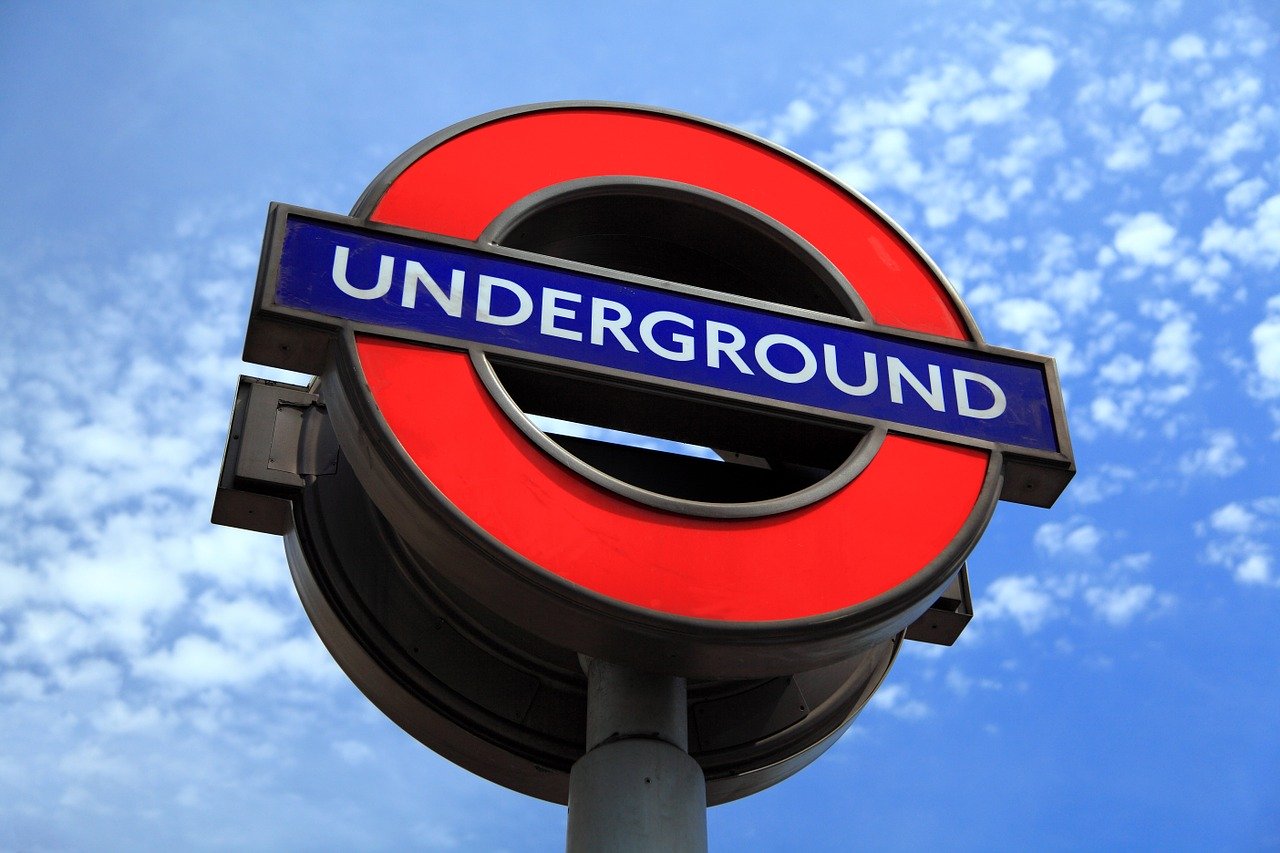Government plans for a Transport for London (TfL) review have today sparked fears of a “power grab” in the capital.
The network is run by the Mayor of London as part of a long-standing devolution deal in the city.
But tumbling passenger numbers have hit TfL’s finances hard during lockdown – more than 90 per cent of income from ticket sales has vanished.
Government ministers agreed an emergency £1.6 billion bailout late last Thursday (14 May), just hours before the transport authority ran out of cash.
But the deal comes with conditions – fares across the network will rise next January, ending the Mayor’s four-year price freeze.
The hike is in line with TfL’s exisiting business plan – but Mr Khan had promised to keep bus fares frozen next year.
Free bus travel during the pandemic will also end under the terms of the bailout – fares had been temporarily scrapped to protect drivers from close contact with the public.
Free journeys have been suspended for most children, and pensioners cannot travel for free during peak hours – but disabled passengers have kept their free travel rights.
The Ultra Low Emission Zone and Congestion Charge are also back – the Mayor had paused them during lockdown to help key workers avoid public transport on their commute.
But Mr Khan has decided the Congestion Charge will rise from £11.50 to £15 on June 22, and operate increased hours seven days a week.
Government officials will now sit in on TfL board meetings, and the network will send regular finance updates to the Department for Transport.
Senior Conservatives hit out at the Labour Mayor after the deal was finalised – with former Boris Johnson advisor Alex Crowley claiming Mr Khan is “Mayor-in-name-only”.
Government minister and former Conservative Party chairman James Cleverly said the Mayor had been stripped of “his sole decision making powers over transport”.
Now Transport Secretary Grant Shapps has announced an “immediate and broad-ranging” review of TfL’s finances and structure.
NOW LISTEN: City Natters #7 Strategic coach Adrian Stalham on the changing face of leadership
Though coronavirus was the main reason for the bailout, financial mismanagement by the Mayor was “an important secondary factor”, he said.
“Combined with significant cost increases and delays to Crossrail, this left TfL in serious financial difficulty even before the public health emergency,” he said in a written statement to the House of Commons.
Mr Shapps said a Government review would prevent “such drastic action in future”.
But the Mayor hit back last night, accusing ministers of a “highly political” response to TfL’s funding crisis.
Mr Khan said the Government has been “at best misleading” about the reasons for a bailout – and coronavirus is “the only reason” TfL has financial problems.
The transport network has more than £11 billion in debt – and expected to lose £300 million in the 2019/20 financial year.
But that annual loss has fallen during Mr Khan’s mayoralty, from almost £1 billion in 2018/19.
The network used to get a £700 million cash grant from central Government – but that was scrapped under a deal negotiated by Boris Johnson during his time at City Hall.
Allies of the current Mayor say this has added to the financial pressure on TfL.
But critics say Mr Khan’s fare freeze and the spiralling costs of Crossrail on his watch are the real reason for the network’s debts.
Liberal Democrat mayoral candidate Siobhan Benita said TfL’s finances were “already in a mess” before coronavirus.
“This clearly weakened the Mayor’s hand in the negotiations,” she said. “But whilst he and the Conservative Government play the blame game, it is ordinary Londoners who are now paying the price.”
Ms Benita accused the Government of attempting an “unwelcome power grab” off the back of the crisis.
“The current situation should not be exploited to strip powers from the Mayor,” she added.
But Conservative Mayoral candidate Shaun Bailey said Mr Khan blames the Government “any time he thinks he can get away with it”.
The Mayor should reverse the Congestion Charge price hike – which could push commuters back onto public transport despite the risks from the virus, he warned.
“Mr Khan needs to cut the politics and deliver a realistic plan that will put TfL on a sustainable footing for the future,” he added.
For the latest headlines from the City of London and beyond, follow City Matters on Twitter, Instagram and LinkedIn.








